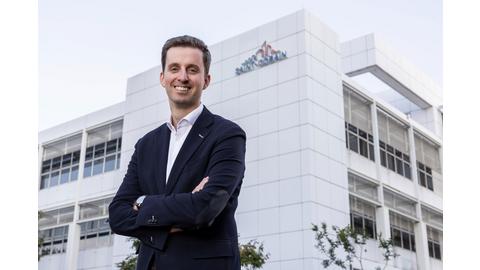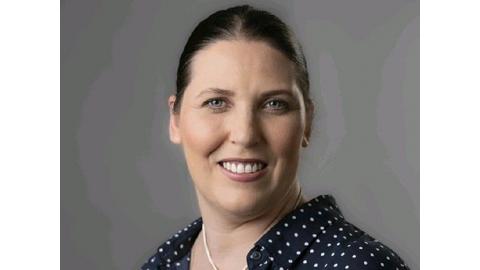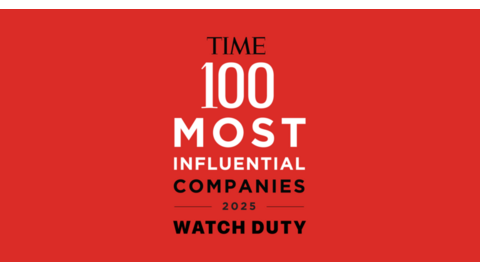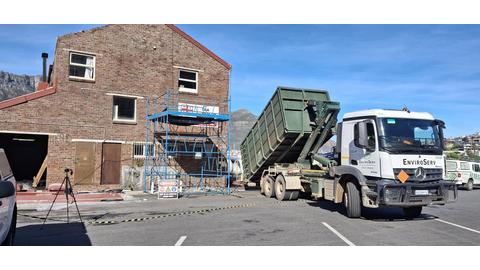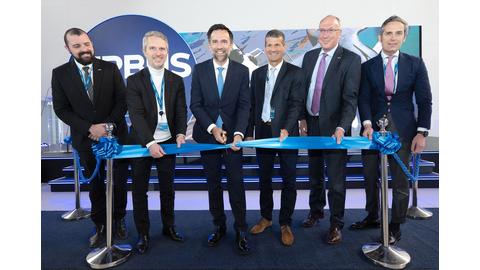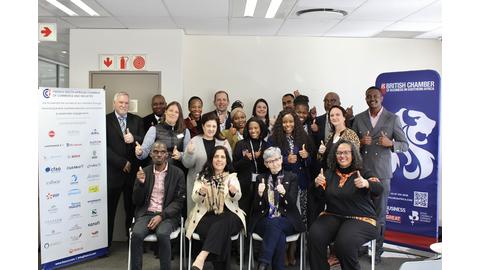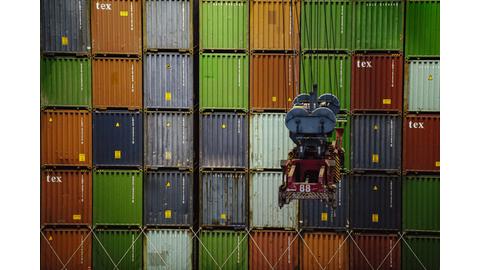Analyses & Studies
Advancing Sustainability in South Africa: The Crucial Role of Public-Private Partnerships

As South Africa faces unprecedented environmental challenges, from load shedding to water shortages and waste management crises, the need for innovative and sustainable solutions has never been more urgent. Amidst these interconnected issues, companies like EnviroServ, part of the global SUEZ Group, are stepping forward with calls for collaboration through Public-Private Partnerships (PPPs) to address the country's environmental and socio-economic obstacles.
The Case for Public-Private Partnerships
In a country burdened by infrastructural deficits and a pressing need for transformative solutions, the value of PPPs cannot be overstated. According to EnviroServ CEO, Dean Thompson, PPPs are not just a mechanism for pooling resources, but a vital avenue for introducing global best practices, technological innovations, and specialised expertise that can help tackle South Africa’s most challenging issues.
Thompson advocates for the power of collaboration between the private and public sectors: “By joining forces, we can provide the funding, expertise, and infrastructure required to address critical environmental concerns and build a sustainable, circular economy for South Africa. Together, we can solve many of the issues plaguing our communities.”
Through such partnerships, EnviroServ aims to drive tangible change by working alongside governmental bodies, municipalities, and various stakeholders to improve quality of life across the nation. Let’s explore some of the key areas where PPPs are essential for driving sustainability.
Waste Management: A Critical Priority
Waste management remains one of South Africa's most pressing challenges. Despite the best efforts of municipalities, many communities still suffer from inadequate waste collection and management services. This results in illegal dumping, public health risks, and environmental degradation. The widespread proliferation of rats and pests—spawned by improper waste disposal—poses significant public health concerns.
To address these issues, EnviroServ calls for a holistic waste management approach guided by the principles of the waste hierarchy. This model focuses on reducing waste, enhancing recycling, and investing in waste-to-energy technologies. Thompson emphasises, “By addressing the root causes of waste mismanagement, such as delayed collection and illegal dumping, we can minimise the associated health risks and create a cleaner, healthier environment for South Africans.”
With extensive experience in managing complex waste streams, EnviroServ offers tailored solutions to meet the needs of municipalities and industries alike. Moreover, the company is addressing the country’s growing landfill space shortage with integrated waste management facilities designed to safely accept municipal waste.
Addressing Water and Sanitation Challenges
Water and sanitation issues are among South Africa’s most critical challenges. As many regions face shrinking water supplies and growing demand, innovative solutions are urgently needed to secure access to clean water and ensure effective sanitation.
EnviroServ, backed by decades of expertise in managing water systems, is well-positioned to help address these challenges. Drawing on the global expertise of SUEZ, the company offers a wide range of solutions, from infrastructure investment and leak detection to the development of desalination plants. These initiatives aim to ensure resilient water systems for both communities and industries, crucial in a country where water is becoming an increasingly scarce resource.
The company's ability to deliver reliable, sustainable water management solutions makes it a key player in addressing South Africa's water and sanitation needs. Furthermore, EnviroServ remains committed to partnering with the government and local stakeholders to create long-term solutions that benefit all South Africans.
Waste-to-Energy: A Dual Solution to Waste and Load Shedding
One of the most promising solutions to South Africa's energy crisis is waste-to-energy (WTE) technology. As the country grapples with ongoing load shedding and an unreliable power grid, waste-to-energy offers an innovative way to generate renewable energy while addressing the growing waste management crisis.
Thompson argues that waste-to-energy systems can significantly reduce the strain on the national grid. "By converting waste into renewable energy, we not only help mitigate the environmental impact of waste disposal but also contribute to energy resilience, an increasingly important issue in the face of frequent power cuts."
With South Africa's landfills reaching capacity, WTE presents a viable alternative to traditional waste disposal methods. Additionally, by tapping into this technology, the country can reduce its dependence on fossil fuels and create a more sustainable energy future. This dual solution—tackling both waste and energy crises—highlights the importance of innovative, integrated approaches to addressing South Africa's most pressing challenges.
PPPs: The Path to Sustainability
For PPPs to be successful in tackling South Africa’s environmental challenges, a stable regulatory and fiscal environment is essential. Thompson stresses that the government must create conditions that encourage private-sector investment in sustainability solutions.
He believes that collaboration through PPPs is the key to unlocking the potential of South Africa’s green economy. By aligning the innovation and technological expertise of the private sector with the regulatory frameworks of the public sector, these partnerships can provide the foundation for a sustainable, circular economy.
Conclusion: A Future of Sustainable Prosperity
With the recent acquisition of EnviroServ by SUEZ, a global leader in water and waste management, the company is positioned to play a central role in advancing sustainability in South Africa. Through collaboration with local partners such as Royal Bafokeng Holdings and African Infrastructure Investment Managers, EnviroServ is committed to driving the country’s transition toward a circular economy.
EnviroServ is a platinum member of the French South African Chamber of Commerce and Industry (FSACCI).
